
Mobility management specialist
Description
Mobility management specialists are in charge of planning and organising mobility in a given space or geographical area, ensuring compatibility and harmony between the different modes of transport. Their responsibilities include integrating safe transport with the quality of life of the resident population (avoiding unnecessary noise, ensuring the legally established levels of pollution, safe mobility, guaranteeing road capacity, etc.).
These professionals are usually responsible for the mobility of a municipality or an industrial area (industrial estate) and manage the transport systems for people and goods. This includes both the infrastructure through which mobility flows (pedestrian zones, loading and unloading areas, bicycle lanes, bus lanes, parking zones and typologies, high occupancy vehicle lanes, etc.), and the typology of vehicles (buses, cars, bicycles, motorbikes, PMVs or personal mobility vehicles, etc.). Thus, they can establish controls for the regulation of the flow of vehicles entering a given urban area and also the management of these flows within the same city. Likewise, these professionals help to define and regulate the transition processes towards a more sustainable mobility, establishing regulations that regulate the use of polluting vehicles within the city.
Mobility is the need and social right of citizens to move around for work, study, leisure or to access basic services. In this sense, mobility and its management is expected to be one of the areas of economic activity that will create highly qualified professional profiles in the coming years.
Tasks
- Apply and develop a sustainable mobility strategy, prioritising modes of transport such as public transport, cycling and walking without renouncing complementarity with private transport.
- Ensure intermodality as a principle to seek maximum efficiency in the use of transport resources, the integral safety of people, the minimisation of the consumption of energy resources and land, as well as the incorporation of intelligent, more efficient and safer transport systems.
- Analyse the demographic, socio-economic and environmental characteristics of their city, municipality or industrial area.
- Diagnose the present mobility and the possible mobility generated with the demographic and activity forecasts to determine the areas of improvement of the mobility model (insufficient supply of transport systems, adequacy of each means of public or private transport to the demand, etc.).
- Monitor mobility systems, obtain operating data and in fact the exploitation in order to introduce improvements and move towards a more sustainable, accessible and compatible mobility with the rest of uses that take place in the city.
- Identify areas for improvement and make proposals to ensure traffic calming, universal access, compatibility of urban uses and road safety.
- Assess intermodality on a regional scale to plan solutions that facilitate the shift from private vehicles to collective transport (e.g. park & ride solutions).
- Assess efficiency and propose the implementation of new methods of private transport, making use of solutions such as carpooling or carsharing.
- Draw up the Mobility Plan for the municipality or urban or industrial area over which these professionals exercise their competences and manage it, coordinating with the agents involved.
- Propose changes for the management of transport systems towards sustainability (bicing, electrification of the bus network, other mobility systems).
- Plan and manage the development of new exclusive lanes for more sustainable mobility systems (bus lanes, trams, bicycle lanes, reduced speed streets, coexistence streets, etc.), and execute and coordinate their implementation.
- Regulate sustainable urban mobility proposals arising from private initiative, for example in the case of bus on demand.
- Carry out the planning of mobility services and their effective management between the administration and the private companies that provide their services, providing technological solutions, knowledge or executing infrastructure maintenance services.
- In mobility based on electric vehicles, plan and manage its charging infrastructures as well as the application of new technologies, both in terms of the installation of charging terminals on public roads and in car parks.
- Monitor, prepare and apply the knowledge generated from the information and big data exploitation systems available to assess the results being obtained in new developments in sustainable mobility.
- Plan, execute and carry out the maintenance of the city's electricity supply and recharging network.
- Manage the technical staff responsible for the technical maintenance and supervision of the technological systems supporting sustainable mobility.










 | Catalan | Beginner
| Catalan | Beginner | English | Advanced
| English | Advanced
 Open
Open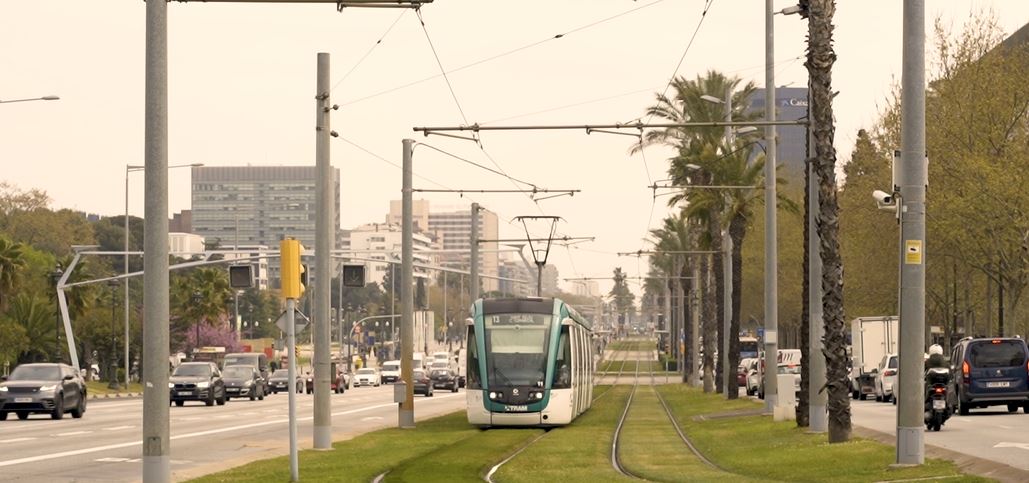
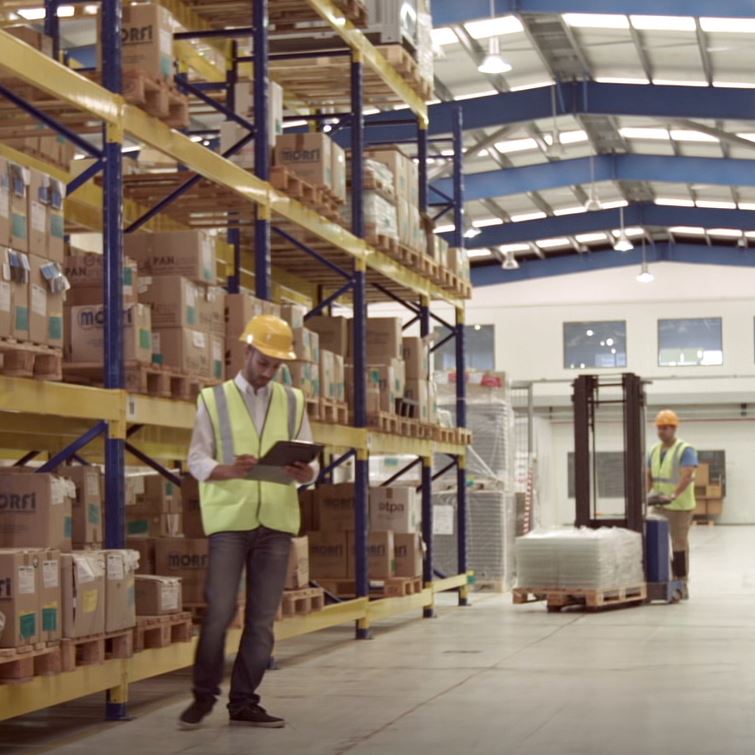
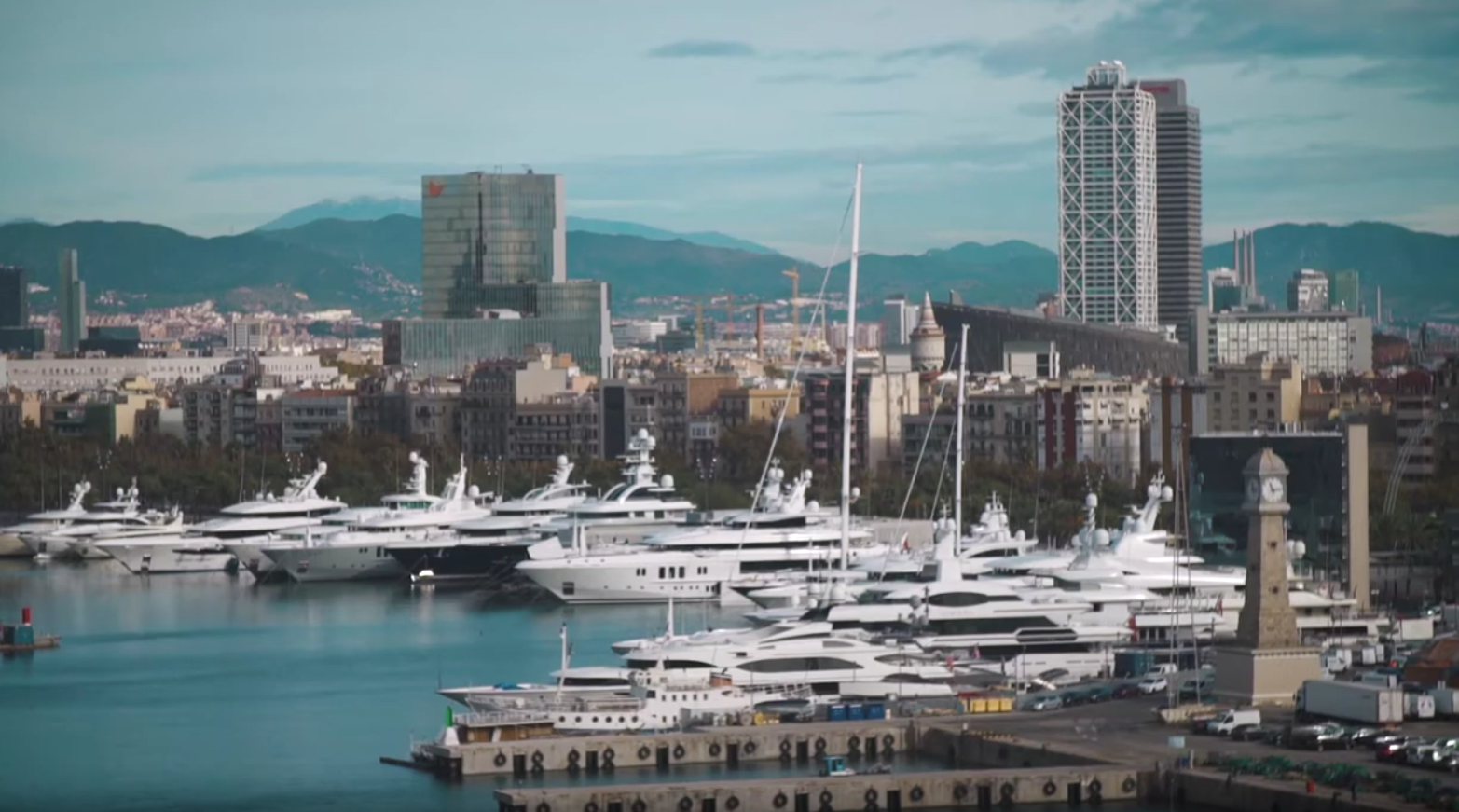
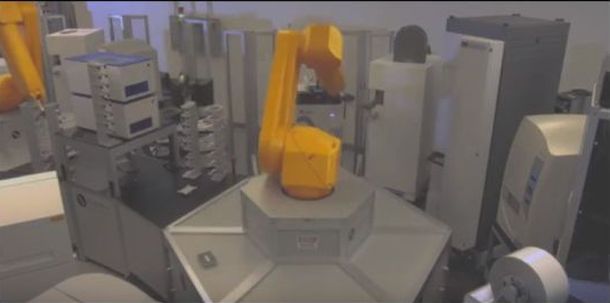
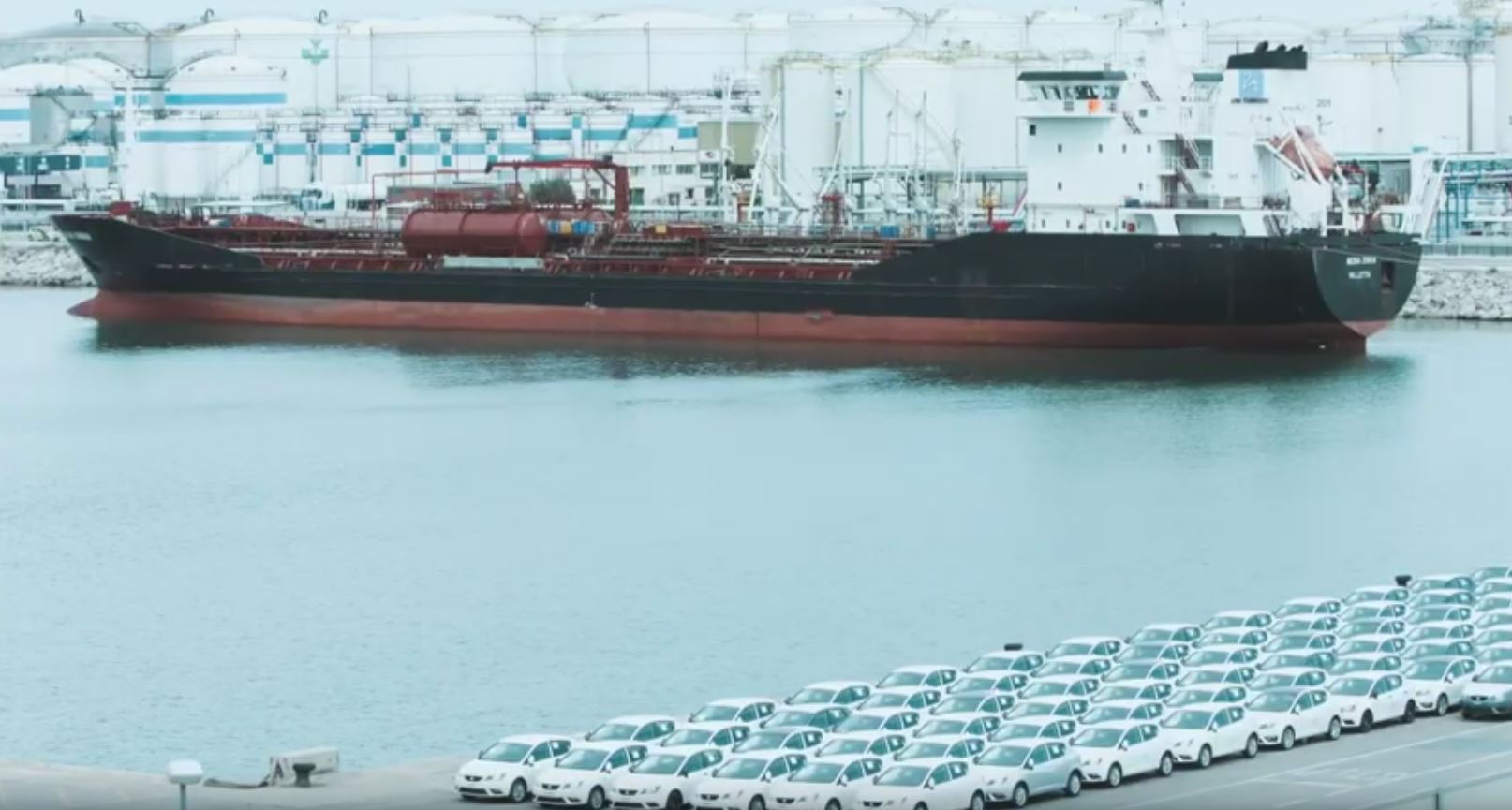
 | Catalan | Beginner
| Catalan | Beginner




